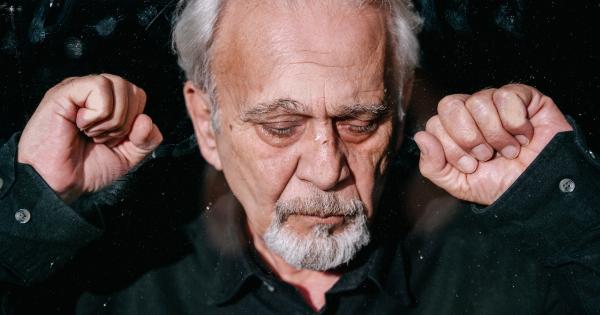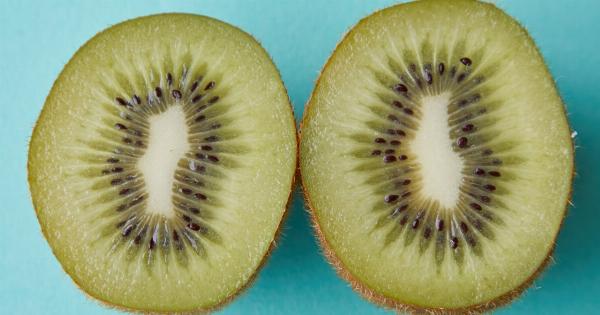Hair loss is a common problem that affects millions of individuals worldwide. It can be caused by various factors, including genetics, hormonal changes, nutritional deficiencies, and stress.
While there are several treatment options available, many individuals prefer natural remedies to promote hair growth and prevent further hair loss. One such approach is to incorporate certain vitamins and minerals into your diet.
1. Vitamin A
Vitamin A is essential for the growth and development of all cells in the body, including hair follicles. It helps in the production of sebum, a natural oil that keeps the scalp moisturized and promotes healthy hair growth.
Foods rich in vitamin A include carrots, sweet potatoes, spinach, and kale. However, it is important to note that excessive consumption of vitamin A can lead to adverse health effects, so it’s crucial to consume it in moderation.
2. Vitamin B Complex
The B vitamins play a crucial role in maintaining healthy hair. Vitamin B3, also known as niacin, improves blood circulation to the scalp, promoting hair growth. Vitamin B7, or biotin, strengthens the hair follicles and prevents breakage.
Vitamin B12 helps in the formation of red blood cells, delivering nutrients and oxygen to the hair follicles. Good sources of B vitamins include whole grains, eggs, meat, and leafy greens.
3. Vitamin C
Vitamin C is a powerful antioxidant that helps protect hair follicles from damage caused by oxidative stress. It also aids in the production of collagen, a protein that strengthens hair strands.
Citrus fruits, strawberries, bell peppers, and kiwis are excellent sources of vitamin C.
4. Vitamin D
Vitamin D deficiency has been associated with hair loss and thinning. This essential nutrient plays a role in the hair growth cycle and can help stimulate hair follicles.
Exposure to sunlight is the most natural way to obtain vitamin D, but it can also be found in fatty fish, fortified dairy products, and certain mushrooms.
5. Iron
Iron deficiency anemia is a common cause of hair loss, especially in women. Iron is responsible for delivering oxygen to the hair follicles, promoting hair growth. Red meat, poultry, beans, and leafy greens are good sources of iron.
6. Zinc
Zinc is involved in numerous functions within the body, including the growth and repair of hair. It helps maintain the structural integrity of hair follicles and promotes healthy cell division.
Oysters, beef, pumpkin seeds, and spinach are rich sources of zinc.
7. Omega-3 Fatty Acids
Omega-3 fatty acids are essential fats that cannot be produced by the body. They contribute to overall scalp health, reduce inflammation, and promote hair growth.
Fatty fish such as salmon, chia seeds, flaxseeds, and walnuts are excellent sources of omega-3 fatty acids.
8. Biotin
Biotin, also known as vitamin B7, is considered the go-to nutrient for promoting hair growth and reducing hair loss. It strengthens the hair follicles and promotes the production of keratin, a protein that forms the structure of hair.
Good sources of biotin include eggs, almonds, sweet potatoes, and avocados.
9. Selenium
Selenium is a vital mineral that helps regulate hair growth and prevent scalp disorders. It helps the body produce antioxidant enzymes that protect hair follicles from damage. Brazil nuts, seafood, whole grains, and eggs are good sources of selenium.
10. Silica
Silica, a trace mineral, plays a significant role in boosting hair thickness and overall hair health. It strengthens the hair strands and helps maintain their elasticity, preventing breakage.
Foods rich in silica include cucumbers, oats, rice, and strawberries.
Incorporating these natural vitamins and minerals into your diet can be an effective way to treat hair loss and promote healthy hair growth.
However, it’s important to remember that individual results may vary, and it’s always advisable to consult a healthcare professional before making significant dietary changes or starting any new supplements.
























